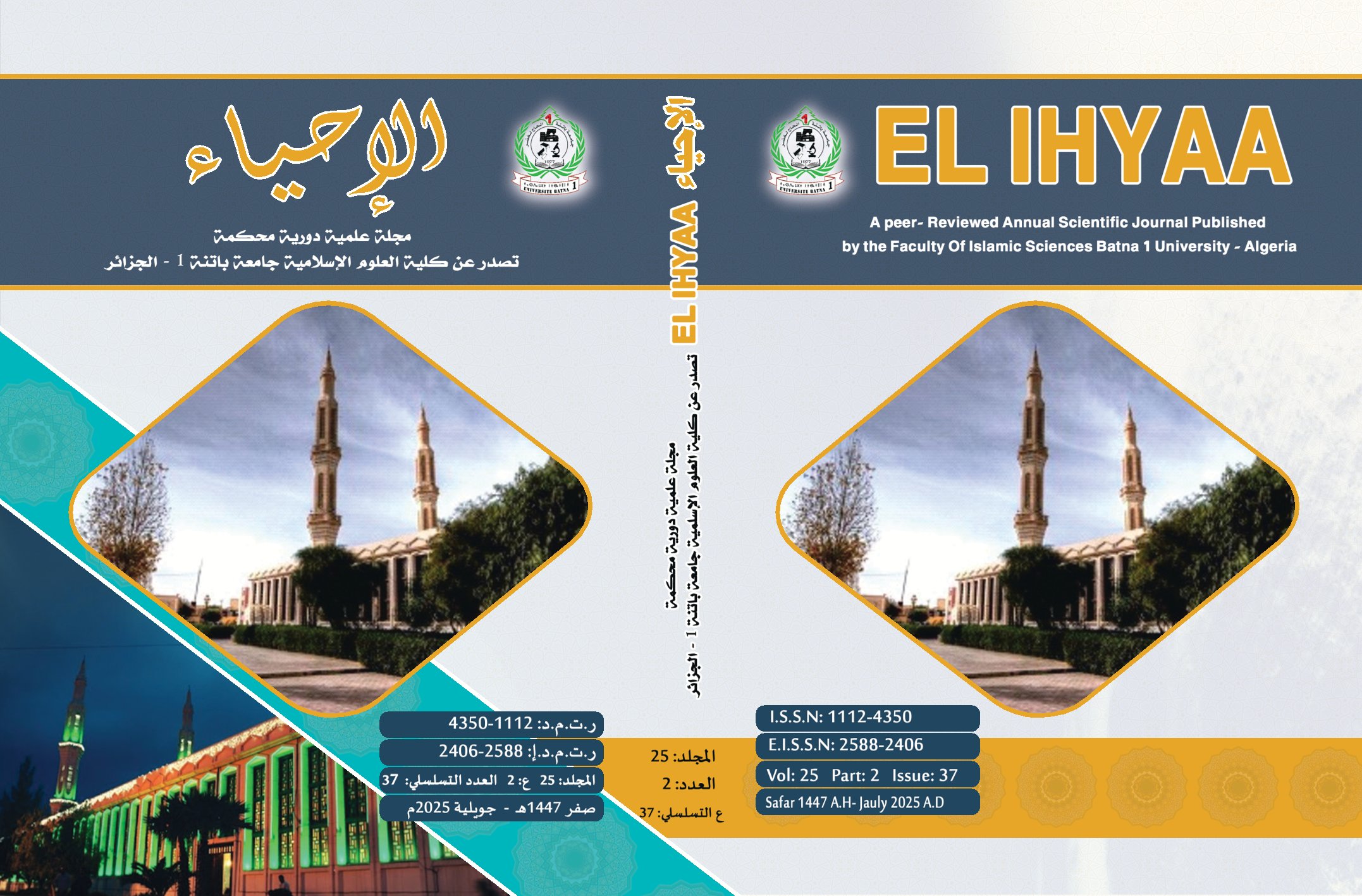The Socio-Cultural Dynamics and Commercial Relations of Pre-Ottoman Algeria
DOI :
https://doi.org/10.59791/ihy.v25i2.4905Mots-clés :
Ethnic variety, Mediterranean trade, Pre-Ottoman period, multiethnic composition, Trans-Saharan tradeRésumé
This article analyzes Algeria's historical significance as a crossroads of civilizations by investigating its social structures and trade contacts throughout the pre-Ottoman period. This study utilizes a historical research method to methodically examine primary and secondary sources, evaluating the interactions among ethnic variety, religious dynamics, and commercial networks from the first centuries CE until the early 16th century.
The results indicate that Algeria's multiethnic composition predominantly Berbers, alongside Phoenicians, Romans, Byzantines, and Arabs has fostered a rich and diversified cultural environment. Likewise, Islam arose as a cohesive influence, cultivating a collective identity, although Christian and pre-Islamic customs persisted in numerous areas. The study highlights essential social institutions, such as family units, tribal systems, and urban centers, as crucial for sustaining social cohesiveness. Economically, Algeria's advantageous location enabled significant trans-Saharan and Mediterranean trade, connecting North Africa with Europe and the Middle East. These findings highlight the significant influence of sociocultural elements on Algeria's historical trade networks and its connections with adjacent cultures.
Téléchargements
Publiée
Comment citer
Numéro
Rubrique
Licence

Ce travail est disponible sous licence Creative Commons Attribution - Pas d'Utilisation Commerciale - Pas de Modification 4.0 International.






